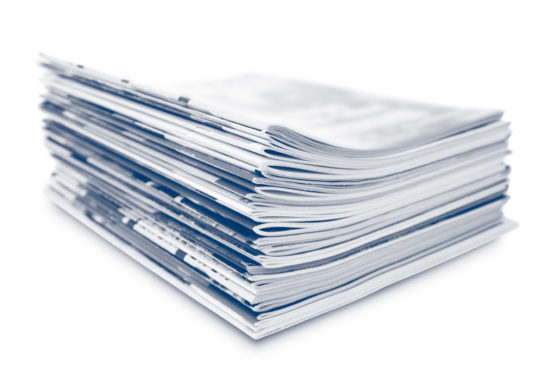The Information Commissioner’s Office (ICO) has launched a second consultation on a draft code of practice about using personal data for journalism (the code).
The code provides practical guidance on how to comply with data protection legal requirements and good practice when using personal data for journalism. It is a statutory code under section 124 of the Data Protection Act 2018 (DPA 2018). It does not concern press conduct or standards in general.
Following the first consultation that ended in January 2022, the ICO considered the feedback received from the media industry and other stakeholders, and significantly reduced the length and overall complexity of the code by:
- focusing on the code’s key points by moving background information to supporting reference notes;
- distinguishing clearly between legal requirements and good practice by explaining what must, should or could be done to comply;
- developing quick reference guides to use – 10 tips for journalists and the code ‘at a glance’;
- making the code more user-friendly with plainer language and explanations so it’s helpful to a broader audience; and
- providing greater clarity on the practical application of various areas of data protection where sought.
Chris Taylor, ICO Head of Assurance, said:
“We have engaged with the media industry and journalists for the past few months, including holding workshops and considering the feedback they sent us through the first consultation. The insight gathered has been very valuable to us when updating the code and putting together new resources, and we are now seeking your views on them. Ultimately, we want to provide practical tools and guidance for anyone using persona data for journalism, so your feedback is crucial to achieve this.”
Although the focus of this consultation is the code, the ICO is also seeking views on the associated documents below:
The ICO encourages interested parties to get in touch, including anyone involved in the media industry or using personal data for journalism, such as media organisations, journalists, photographers and private investigators. The ICO is also keen to hear a wide range of views, including those of regulators, civil society, campaign groups, lawyers, academics, and members of the public.
Please submit responses through the ICO website by 16 November 2022.
Notes to Editors
About the draft Data protection and journalism code
- The DPA 2018 requires the ICO to produce a code of practice that provides practical guidance for organisations and individuals processing personal data for the purposes of journalism.
- The DPA 2018 also requires the ICO to create guidance for the public on how to complain about media organisations, and review how personal data has been used for journalism since the UK GDPR came into force.
- The draft code builds on Data protection and journalism: a guide for the media published in 2014.
- The first draft of the code went out to consultation in October 2021, preceded by a call for views in 2019. You can read the responses here.
About the Information Commissioner’s Office
- The ICO is the UK’s independent regulator for data protection and information rights law, upholding information rights in the public interest, promoting openness by public bodies and data privacy for individuals. It has its head office in Wilmslow, Cheshire, and regional offices in Edinburgh, Cardiff and Belfast.
- The ICO has specific responsibilities set out in the DPA 2018, the General Data Protection Regulation (GDPR), the Freedom of Information Act 2000 (FOIA), Environmental Information Regulations 2004 (EIR), Privacy and Electronic Communications Regulations 2003 (PECR) and a further five Acts / Regulations.
- The ICO can take action to change the behaviour of organisations and individuals that collect, use and keep personal information. This includes criminal prosecution, non-criminal enforcement and audit.
- To report a concern to the ICO telephone our helpline 0303 123 1113 or go to ico.org.uk/concerns.



